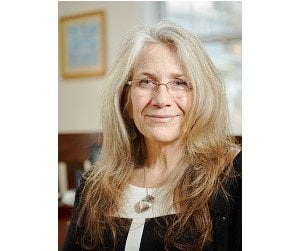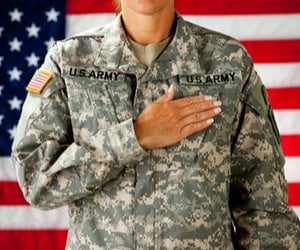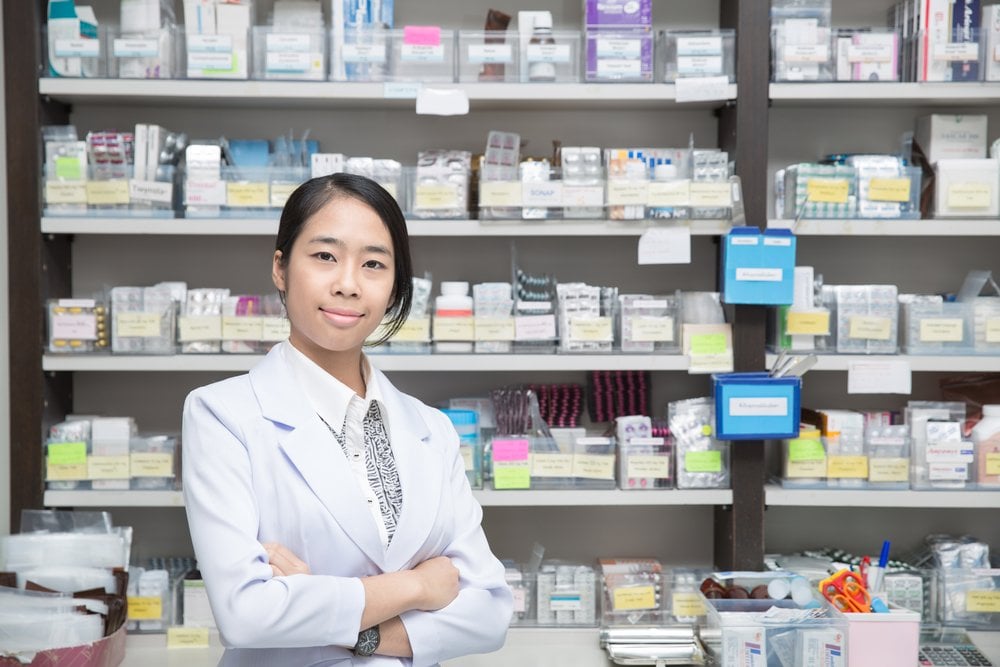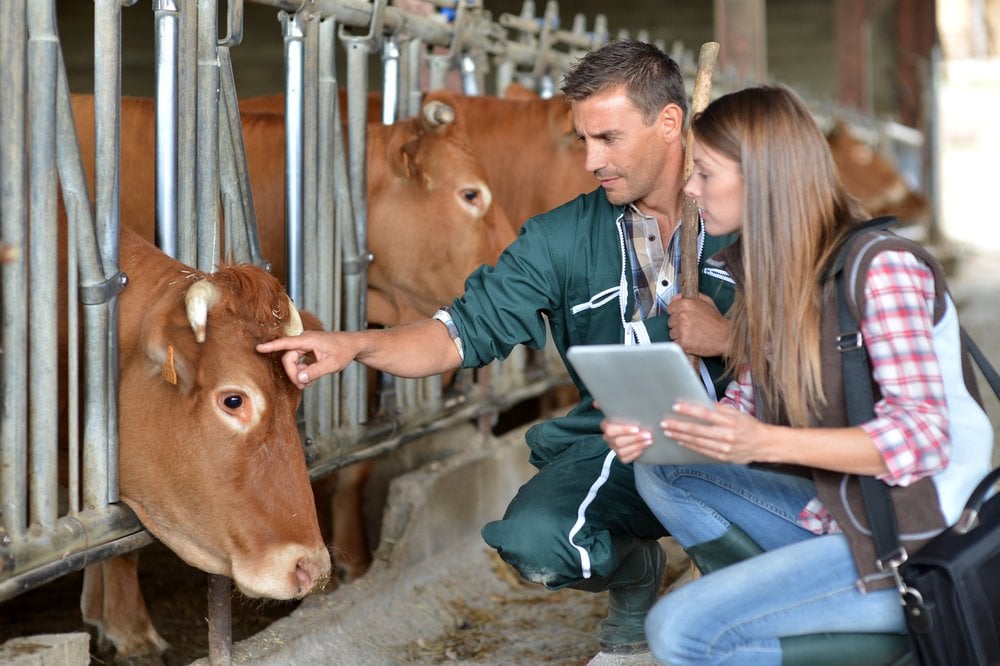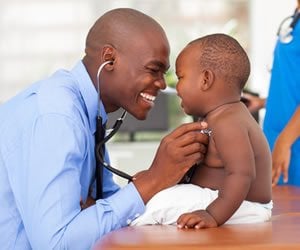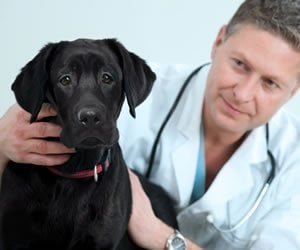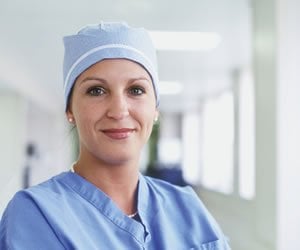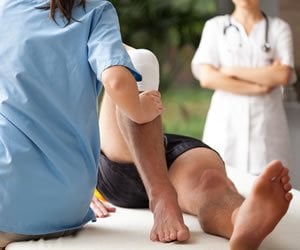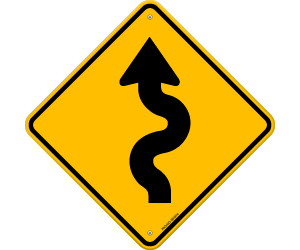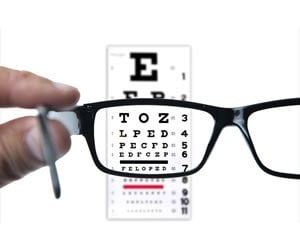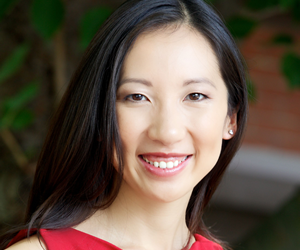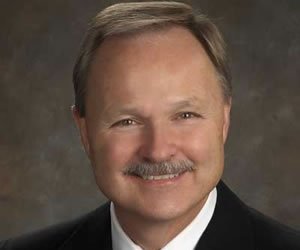Sometimes, Susan Mulroney, PhD, professor and director of the special master’s program at Georgetown Medical Center, wonders how she got so lucky.
“I wonder- how did people let me get this job? How did I get this career? I was going to be a medical researcher. That was wonderful, and I loved that, but as soon as I started teaching medical students, it was like, oh my God, I love this. This is amazing.”
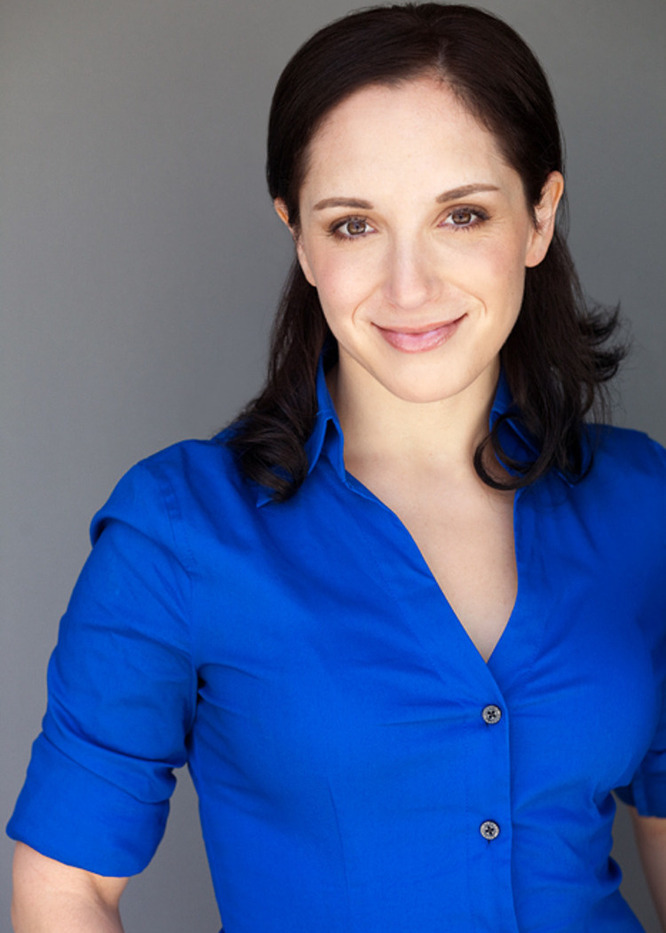 Suzanne Barston
Suzanne Barston
From Engineering to Army Dentistry: An Interview With Army Captain Pamela Cotton, DDS
Some people know what they want to do with their lives from an early age. Others, like Army general dentist Captain Pamela Cotton, DDS., take a rather twisty path to get there.
Cotton majored in engineering in college, a far cry from her current profession of dentistry. But the real-life experience of her first career quickly fell short. “I worked for a few years as an engineer, and it was nice, I liked it, but it was still the same as sitting behind a desk. I didn’t get to work with a lot of people,” she explained to SDN last fall at the University of California Davis Pre-Health Conference (UCDPHC). “So I decided to go back to school.”
From "Book Rat" to Neurologist: An Interview with José Cavazos, MD-PhD
As a child, José Cavazos, MD-PhD, was a self-proclaimed “book rat”. So, it makes sense that his career path was clear after reading a book.
“I stumbled into the literary work—meaning the autobiography—of Don Santiago Ramón y Cajal. He’s a Nobel laureate, the discoverer of the neuron, from Spain,” said Cavazos, speaking to SDN at the 2016 UC Davis Pre-Health Conference. “And, you know, [his work was] the beginning of what excited me to become a neuroscientist, and eventually, a neurologist and a clinician scientist.”
Out of the Drugstore, Into the ER: Marianne Pop on The Widening World of Pharmacy Careers
To the uninformed, the definition of pharmacist may be the traditional, customer-facing professional doling out … Read more
Protecting the World’s Food Supply, One Student at a Time: An interview with Jacque Pelzer, DVM
From building surfboards to helping veterinary students achieve their goals, Jacque Pelzer’s career path was … Read more
The Power of the Patient-Doctor Bond: A Conversation with Michael Clearfield, DO
Some people develop the passion for medicine at an early age. Michael Clearfield, DO, was not one of them – but once he did find that passion, he ran with it for miles.Although he’d been interested in science and math throughout college, and had a vague feeling that “something in healthcare would be something I’d be interested in,” it was ultimately a personal experience that cemented his future career goals. “Some personal issues happened in our family, where people got ill, and I was able to experience the healthcare team as it impacts you as an individual,” he told SDN at last year’s UC Davis Pre-Health Conference (UCDPHC15), where he delivered a keynote on opportunities in osteopathic medicine. “There were some very startling revelations to me; some positive, some negative – seeing how the system worked, and how it didn’t – and I decided that [medicine] would be a career that I would like to try and make a difference in.”
Best in Show: AVMA President Joseph Kinnarney on What Makes a “Really Good Vet”
Joseph Kinnarney, DMV came to this year’s UC Davis Pre-Health Conference with one goal in mind: to “encourage great new minds to go into the veterinary profession”.
With a keynote presentation entitled “Helping Animals and People: Veterinary Medicine is More Than You Think”, the current President of the American Veterinary Medicine Association (AVMA) explained the tremendous opportunities of his field to a captive audience. “When you look at veterinary medicine, the training allows us to do lots, and be lots of things,” Kinnarney told Student Doctor Network after giving his speech. He described the roles vets can take in a variety of areas, including public health offices, the armed services, and food safety.
For Kinnarney, it wasn’t the lure of these more alternative veterinary-related careers, but rather the traditional desire to care for pets that brought him to the profession. “I was 4 years old, and I had a dog who was trying to have puppies and couldn’t,” he says. “I had what I thought was a dying dog – and she probably was.” Kinnarney went with his parents to the local veterinarian. “He saved my dog’s life, and also the lives of her 5 healthy puppies.”
On The Shoulders of Giants: Tips for Aspiring Female Surgeons
While there were many engaging sessions held at the 2015 UC Davis Pre-Health Conference, a few stood out for being exceptionally inspiring. Dr. Lisa Lattanza’s lecture, “How to Be a Successful Female Surgeon”, was one of these standouts.
This isn’t surprising, considering Dr. Lattanza’s pedigree. The chief of Hand, Elbow & Upper Extremity Surgery at UCSF Medical Center, she is known both for her surgical skills and her inexhaustible efforts to encourage and mentor the next generation of female surgeons. She is the president and co-founder of The Perry Initiative, a Bay-area-based foundation which provides educational and experiential opportunities for young women (primarily high-school and early-college-aged) interested in orthopedic surgery – a project which recently earned her the prestigious Jefferson Award for public service.
Welcome to Healthcare 5.0: A Conversation with David M. Carlisle, MD, PhD
At this year’s UC Davis Pre-Health Conference, the concept of innovation was on everybody’s minds and lips. There’s no denying that this is an exciting time to be in the medical field; between new technologies, healthcare reforms, and an increasingly global society, things are changing at a rapid pace.
With all this newness and excitement, it’s easy to forget the reason so many of us go into medicine: to help others. And while the topic of his conference keynote was “Healthcare 5.0”, when SDN sat down with David M. Carlisle, MD, PhD, the focus was on caregiving in the most traditional sense.
Helping Hands: A Conversation with Paul Rockar, Jr., DPT, MS
The first thing you notice about Paul Rockar, Jr., PT, DPT, MS, is his energy. Focused and friendly, he speaks enthusiastically about his chosen profession, using his hands to punctuate the points he’s making.
Those hands have not only helped patients function more comfortably for the past 30 years, but also have written textbooks, taught classes, and helped shape policy as President of the American Physical Therapy Association. So his favorite aspect of his career as a physical therapist comes as no surprise: “It’s not a ‘stand back and watch profession’, its a hands on profession,” he told Student Doctor Network at the 2014 UC Davis Pre-Health Conference last fall.
Those Who Can Do, Teach….and Lead: A Conversation with Mark Walton, MD
At this past year’s UC Davis Pre-Health Conference, Stanford Health Care’s Chief of Staff, Dr. Mark Welton headlined three popular sessions. His talks centered on what a chief of staff is, how you get to be chief of staff, and what we need to do to maintain health care costs.
No one would have guessed that back in the 1970’s, on this same campus, the distinguished physician and leader was told he’d never make it through UC Davis’s pre-med program, let alone get into medical school.
“I struggled through some of the classes,” Walton, who is also the Chief of Colon and Rectal Surgery, admits. Lucky for the medical profession, he not only managed to make it through pre-med, but successfully finished medical school at UCLA and completed a fellowship in colon and rectal surgery at Washington University. After teaching at University of California, San Francisco for 8 years, Walton transitioned to Stanford in 2001 and has been there ever since.
Barbara Ross Lee: The Beauty of the Broken-Field Run
There’s no doubt that Dr. Barbara Ross Lee has led a distinguished career. The first African-American woman to be appointed Dean of a medical school, her other accomplishments include participation in the Robert Wood Johnson Health Policy Fellowship and garnering numerous awards. But for Ross, the path to success was full of twists and turns.
“At my institution, we call it the ‘broken field run’,” she told Student Doctor Network during an interview at the 2014 UC Davis Pre-Health conference. “It wasn’t as if I (had the typical path and) went to school and did pre-med and then went to medical school and then went into post-graduate training. I went to undergrad, then I got a job, then I got married, had kids, then I went back and got a masters, and then the opportunity arose for me to go to medical school.” And that’s just the beginning of her storied career.
A Clear Vision: A Conversation with John Flanagan, Dean, UC Berkeley School of Optometry
When John Flanagan was 5 years old, he began suffering from migraines. “One of the … Read more
When Doctors Listen: A Conversation with Dr. Leana Wen
Dr. Leana Wen was on a roll. The Washington University medical student was president of … Read more
Finding the Joy in Medicine: A Conversation with Dr. David A. Fleming
Despite being the current President of the American College of Physicians (ACP), David A. Fleming, … Read more

